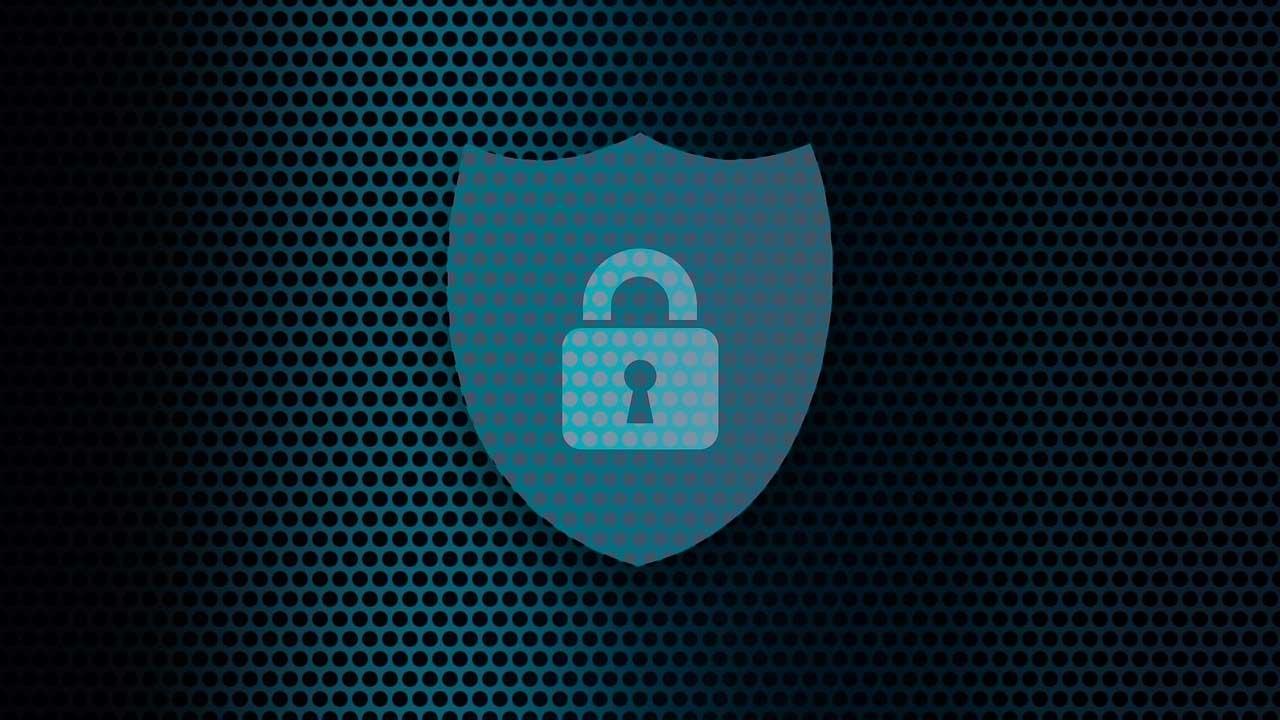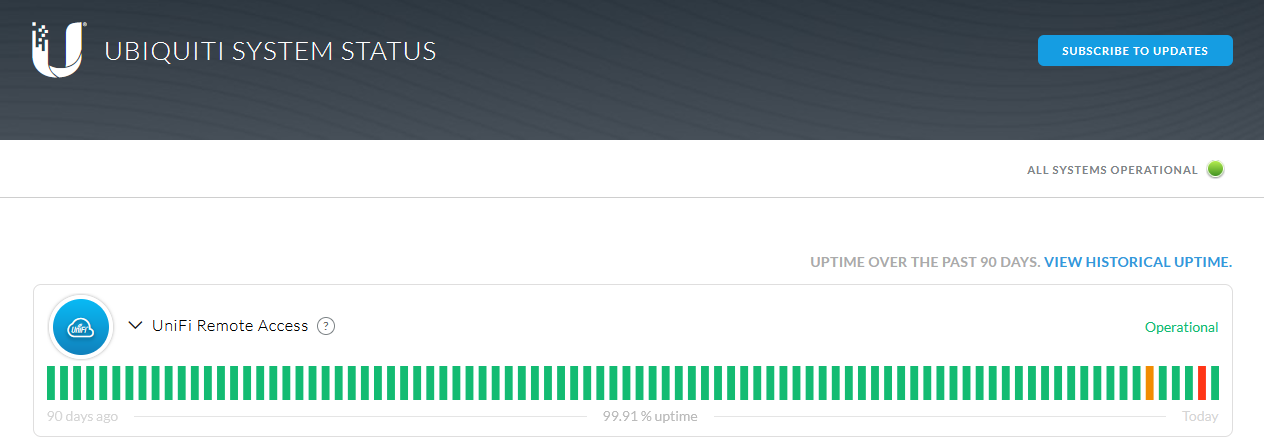
Protecting data when browsing is not only prevent them from accessing your information, but that will also help protect your passwords and systems. You will be able to avoid many types of attacks that can affect you on the network. There are many strategies that can be used against you.
Prevent your data from being stolen
The cybercriminals They can have many objectives, but without a doubt one of them is the theft of personal data. They can also use it to reach your contacts, infect the computers of your friends or family. They can achieve this, since by impersonating your identity the victim is more likely to fall into the trap.
Do not expose data when buying online
The first thing you should do is be careful with your personal data when buy online. Take a good look at where you are buying, what information you are giving, the payment method you use, etc. All this can be exposed if you are on a platform that can become a fraud.
A key factor is to use reliable payment methods. Although this does not free you from certain personal data being leaked, it will prevent your main bank cards from being in danger. For example, you can use wallet or virtual cards that you recharge only for that specific purchase.
Use VPN
It is also a good idea to use a VPN, especially when you connect to public Wi-Fi networks. In those cases, your personal data may be at risk. It is essential to prevent information from leaking, for example in case there are intruders on that network with the aim of spying on everything you do.
Apps like Surfshark or NordVPN are a good solution. They will encrypt the connection and your personal data, as well as browsing information, will be safe from possible intruders.
Clear history and cookies
One more trick is to clear your browser history and cookies whenever you can. Not only is it going to prevent someone with physical access to your device from seeing your browsing history; is important for avoid attacks by cybercriminals whose objective is precisely to collect that data.
For example, they could sneak malware into you via a fake browser extension. With that, they could collect all the history you have stored, spy on you, send you targeted advertising, etc. When you delete it, all that is no longer exposed and you better protect your privacy on the network.
Avoid malware
Of course, a key factor is avoiding malware. Precisely one of the reasons is what we have just explained. But, beyond focusing on the browser, it is key avoid viruses and trojans that may affect your devices. It is something that could happen on your computer, mobile or any other device.
To avoid malware, something essential is to use a good antivirus. It will help you to protect the system, detect threats and eliminate them before they can really act. It is important that you choose software with guarantees, such as Microsoft Defender or Avast.
Use good programs
Another point to take into account to protect data when browsing is to use good programs. First thing, the browser. It is essential to avoid using a browser that can be dangerous and that does not properly protect your data. Always use reliable software, which allows browsing with good speed, but also protects security.
The same should apply to any other program that you use in your day-to-day online. For example, applications for shopping, social networks, etc. It is key to install them only from official sources.
In short, as you can see with these tricks you can prevent them from stealing your personal data. The objective is none other than maintaining privacy when browsing and not having security problems both on the computer and on any other device you use.



